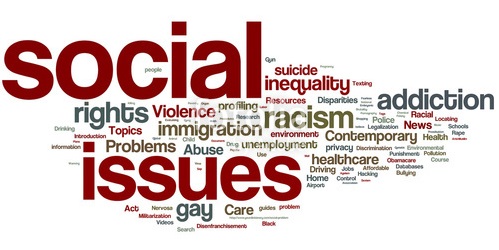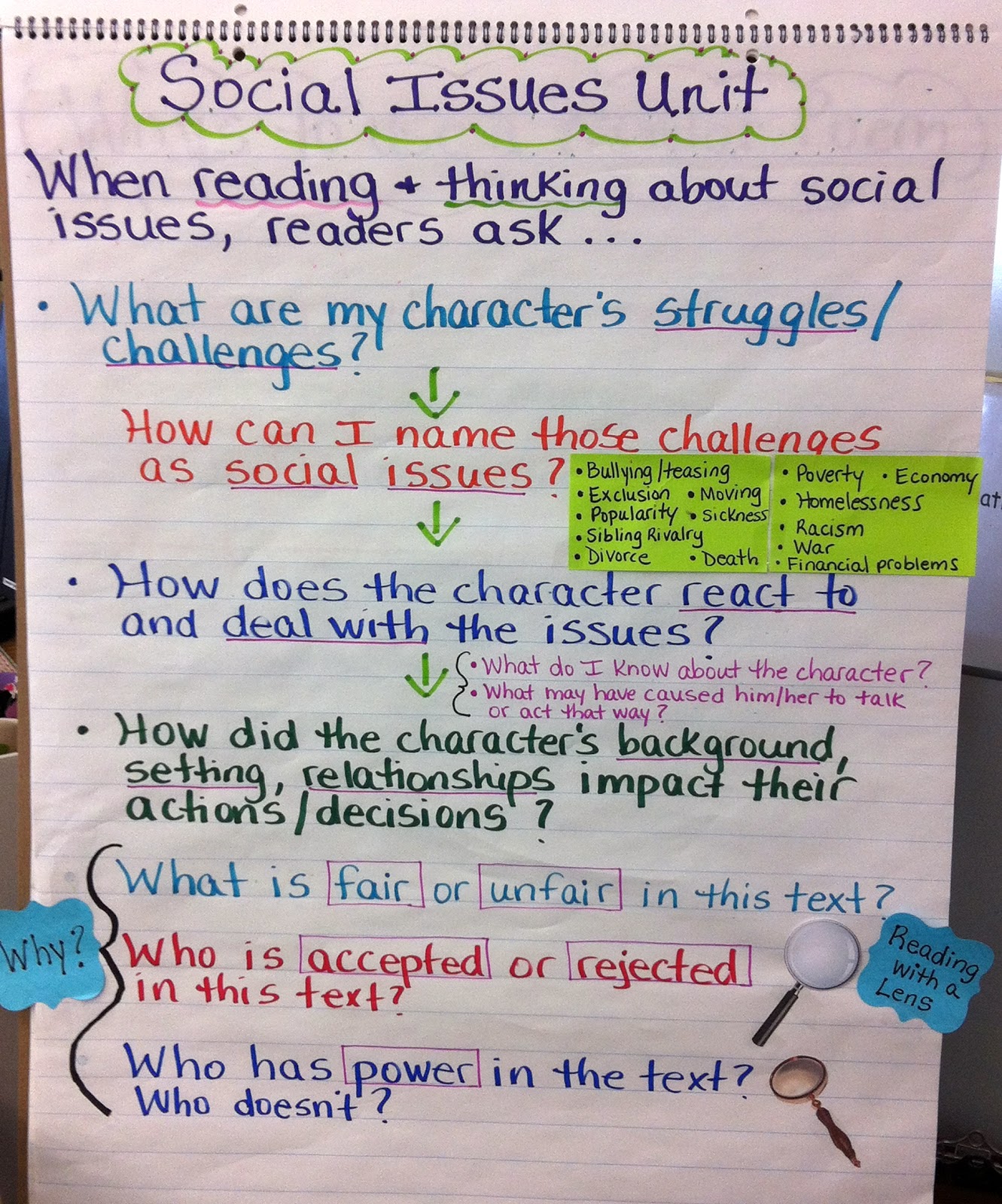


Using Mills’s terms, Americans tend to think of social problems as personal troubles rather than public issues. Picking up on Mills’s insights, William Ryan (1976) (Ryan, 1976) pointed out that Americans typically think that social problems such as poverty and unemployment stem from personal failings of the people experiencing these problems, not from structural problems in the larger society.

Viewed in this way, eating disorders are best understood as a public issue, not just as a personal trouble. Because it does exist, even if every girl and woman with an eating disorder were cured, others would take their places unless we could somehow change this standard.

If this cultural standard did not exist, far fewer American women would suffer from eating disorders than do now. To begin to answer this question, we need to look to the standard of beauty for women that emphasizes a slender body (Boyd, et. This gender difference forces us to ask what it is about being a woman in American society that makes eating disorders so much more common. For example, most Americans with eating disorders are women, not men. Perhaps more important, this belief also neglects the larger social and cultural forces that help explain such disorders. This explanation may be OK as far as it goes, but it does not help us understand why so many people have the personal problems that lead to eating disorders. We usually consider a person’s eating disorder to be a personal trouble that stems from a lack of control, low self-esteem, or another personal problem. If so, unemployment is best understood as a public issue rather than a personal trouble.Īnother social problem is eating disorders. While some individuals are undoubtedly unemployed because they are lazy or lack good work habits, a more structural explanation focusing on lack of opportunity is needed to explain why so many people were out of work. Millions of people lost their jobs through no fault of their own. The high US unemployment rate stemming from the severe economic downturn that began in 2008 provides a telling example of the point Mills was making. Jackman – The line of hope… – CC BY-NC-ND 2.0. Both the correct statement of the problem and the range of possible solutions require us to consider the economic and political institutions of the society, and not merely the personal situation and character of a scatter of individuals.” But when millions of people are out of work, unemployment is best understood as a public issue because, as Mills (Mills, 1959) put it, “the very structure of opportunities has collapsed. If so, their unemployment would be their own personal trouble. If only a few people were unemployed, Mills wrote, we could reasonably explain their unemployment by saying they were lazy, lacked good work habits, and so forth. We will start with unemployment, which Mills himself discussed. To illustrate Mills’s viewpoint, let’s use our sociological imaginations to understand some contemporary social problems. Mills felt that many problems ordinarily considered private troubles are best understood as public issues, and he coined the term sociological imagination to refer to the ability to appreciate the structural basis for individual problems. Problems in society thus help account for problems that individuals experience. Public issues, whose source lies in the social structure and culture of a society, refer to social problems affecting many individuals. Examples include such different problems as eating disorders, divorce, and unemployment. Personal troubles refer to a problem affecting individuals that the affected individual, as well as other members of society, typically blame on the individual’s own personal and moral failings. Wright Mills’s (1959) (Mills, 1959) classic distinction between personal troubles and public issues. Sociology takes a different approach, as it stresses that individual problems are often rooted in problems stemming from aspects of society itself. When we hear about these individuals, it is easy to think that their problems are theirs alone, and that they and other individuals with the same problems are entirely to blame for their difficulties. For example, many people are poor and unemployed, many are in poor health, and many have family problems, drink too much alcohol, or commit crime. Many individuals experience one or more social problems personally.


 0 kommentar(er)
0 kommentar(er)
